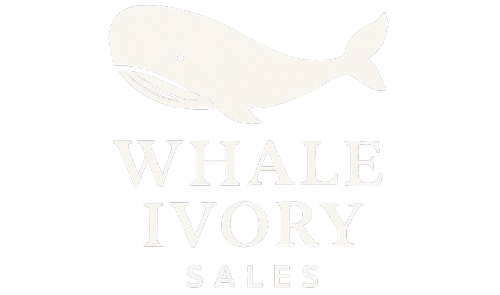Uncategorized
UK Government outlines ivory ban rules – Propertymark
Stay ahead of the competition and become the expert your clients rely on. Join a respected association with over 17,800 members to access the latest industry information and best practices, enhancing your skills and advancing your career.
We launched Company Advantage in response to member demand, using collective buying power to secure high-quality services at a fraction of the usual cost. The benefits go beyond the investment, delivering real value.
Our partnership with Move iQ’s Phil Spencer is founded on our shared desire to help the general public identify the agents in their local area who are best in class, but what does that mean?
#PMOne will feature an impressive line-up of speakers, including renowned economists and legal experts, who will provide invaluable insights into the industry’s future and out-of-the-box tools. Book your ticket today.
Guidance has been published by the UK Government to help agents prepare for the Ivory Act 2018, which comes into place in Spring 2022.
It will be illegal to deal in items containing, or made of, elephant ivory under the Act— unless the items are registered or certified as exempt. By covering ivory items of all ages and adopting narrow exemptions, the UK’s ban will be one of the toughest in the world.
The new guidance outlines what is covered in the Act with regards to dealing in ivory items of all ages, not just those produced after a certain date.
What constitutes dealing in ivory is defined as:
When the ban comes into place anyone breaching it could face a maximum fine of £250,000 or up to five years in jail.
There is five narrow and carefully defined exemptions from the ban:
Items that meet the above exemptions or are pre-1918 and of outstandingly high artistic, cultural or historical value, they must be registered using the 'declare ivory you intend to sell or hire out' service.
It will be possible to check if items qualify for exemption using the ivory item eligibility checker.
Ivory items that are not exempt may still be kept for personal use, given away as a gift, left to someone in a will or borrowed by somebody if there has been no payment, exchange or barter involved.
Three new museums are set to join the list of bodies that can advise the Animal and Plant Health Agency on applications for exemption certificates under the Ivory Act 2018. If an owner wants to sell ivory-containing items which were made before 1918 and are of outstandingly high artistic, cultural, or historic value, they must be expertly assessed by recognised institutions.
Trading in ivory from the common hippopotamus, killer whale, narwhal and sperm whale will now be banned under The Ivory Act 2018 (Meaning of “Ivory” and Miscellaneous Amendments) Regulations 2025. The new legislation was originally laid in parliament in May 2023, under the previous UK Government, but implementation has been delayed due to a lack of parliamentary time.
Hippopotamus, walrus, narwhal, killer whale (orca) and sperm whale will receive greater legal protections under the UK’s world-leading ban on importing, exporting and dealing in items containing ivory.
The purpose of the Ivory Act is to prohibit commercial activities concerning ivory in the UK and the import and re-export of ivory for commercial purposes to and from the UK. This includes intra-EU trade to and from the UK.
Arbon House, 6 Tournament Court
Edgehill Drive, Warwick CV34 6LG
[email protected]
01926 496 800
© 2025 Propertymark Ltd. trading as Propertymark. Registered in England and Wales No. 00897907
© 2025 Propertymark Qualifications Ltd. Registered in England and Wales No. 06001740
Design & Development by Pixl8 Group

